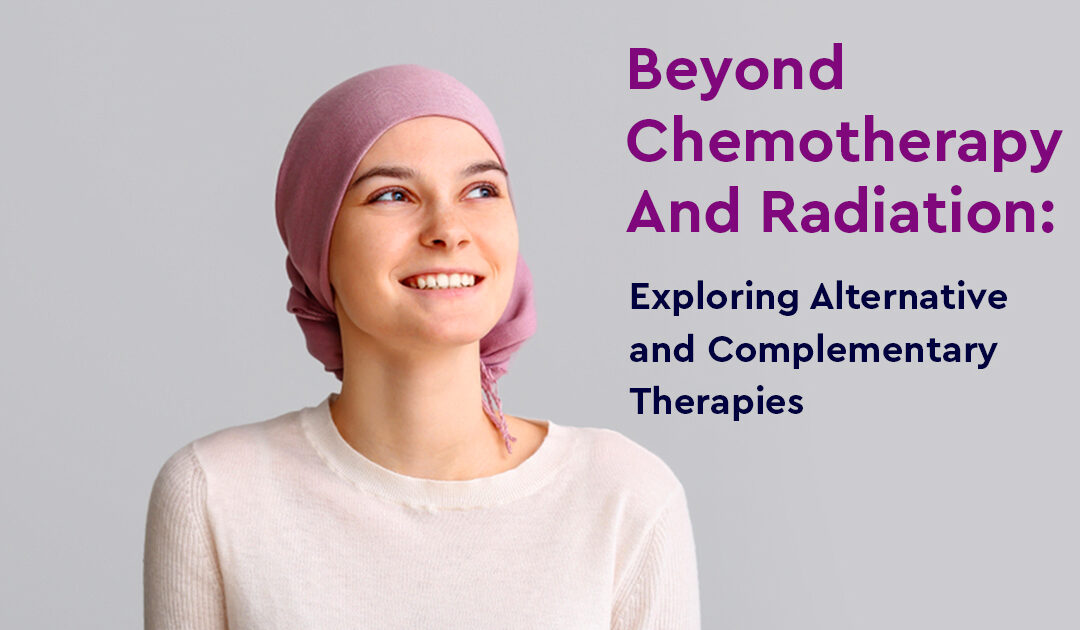Receiving a cancer diagnosis can be daunting, and discussions about treatment choices such as radiation and chemotherapy are common. Although these traditional treatments are essential in the fight against cancer, it’s vital to keep in mind that there are other options as well. In addition to their conventional treatment regimens, a growing number of patients are investigating complementary and alternative therapies (ACTs).
What are Alternative and Complementary therapies (ACTs)?
ACTs are out-of-the-ordinary interventions that are used in conjunction with traditional therapies to promote general well-being and maybe increase the efficacy of care. Despite not going after cancer cells directly, they can treat side effects, reduce stress, and enhance quality of life.
What are some of the options we can explore?
Mind-Body Therapies: Activities that promote relaxation and a sensation of control, such as yoga, tai chi, and meditation, can help lower tension, anxiety, and pain.
Massage and acupuncture: These treatments help reduce weariness, discomfort, and nausea while enhancing sleep quality and general well-being.
Dietary and Nutritional Approaches: Including particular dietary patterns, such as the Mediterranean diet, emphasizing whole, unprocessed foods, and speaking with a licensed nutritionist can all help control side effects and promote general health.
Herbal Remedies: Although certain herbs may have advantages, it’s important to speak with a doctor because of possible drug interactions with prescription drugs.
Both music and art therapy can help people express themselves creatively, reduce stress, and improve their mood.
Regarding ACTs, there is no “one size fits all” solution. Examine several choices, pay attention to your body, and give priority to activities that you find meaningful. Take into account elements such as personal preferences, needs, and resource availability.
Discuss any ACTs you’re thinking about openly, since some may conflict with conventional treatments or have little scientific evidence to support their efficacy.
Seek advice from reputable organizations and licensed professionals to guarantee usage that is appropriate and safe.
Getting in touch with other cancer patients who use ACTs can be a great way to get support and advice. You can get support and guidance from online forums, support groups, and blog entries written by other survivors as you travel through life.
Follow us

